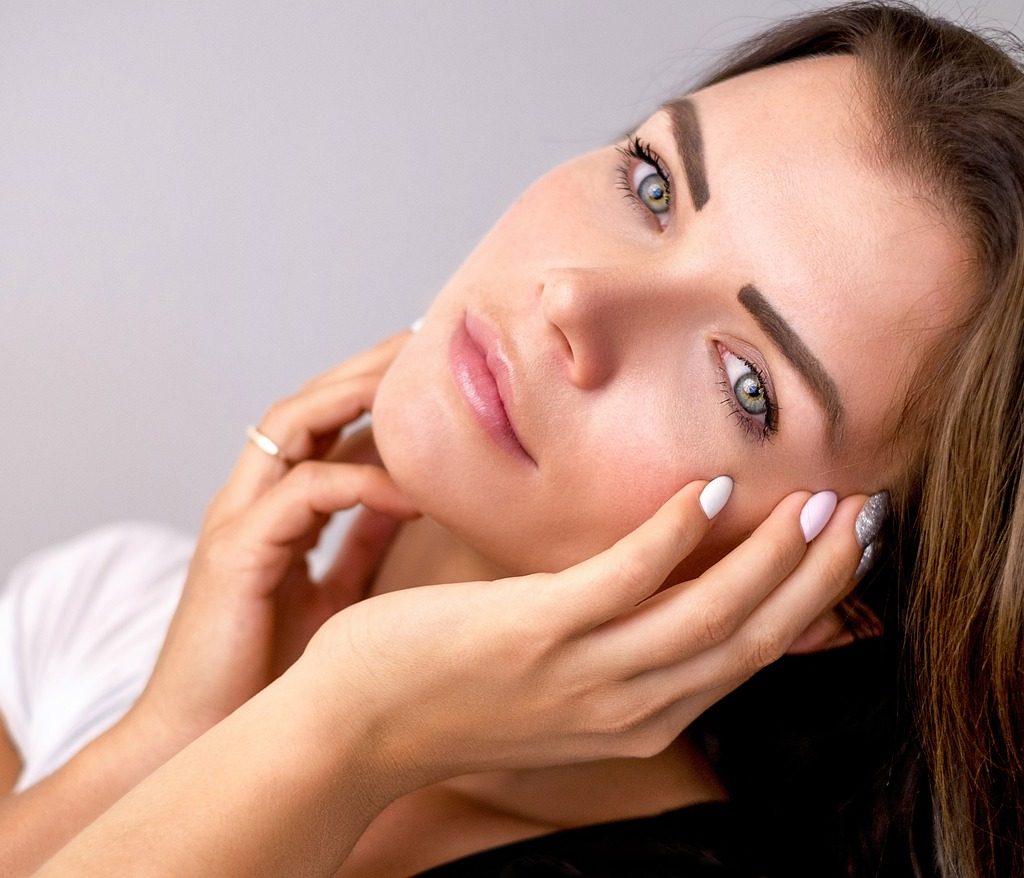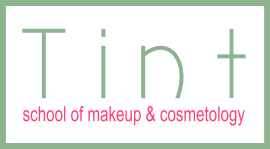May 2, 2023
Beauty Industry Secrets Revealed: What You Need to Know About Cosmetic Regulations

When it comes to the beauty industry, there are a lot of secrets that are hidden from the public. One of the most important secrets is the regulations surrounding cosmetics. As a consumer, it can be difficult to understand what regulations are in place and what they mean for your safety. In this article, we will reveal everything you need to know about cosmetic regulations, including what they are, why they exist, and how they impact you as a consumer.
What Are Cosmetic Regulations?
Cosmetic regulations are laws and regulations that govern the safety and labeling of cosmetic products. These regulations are put in place to protect consumers from harmful ingredients and false advertising claims. The regulations cover a wide range of topics, including the use of certain ingredients, the labeling of products, and the safety testing of products.
Why Do Cosmetic Regulations Exist?
The main purpose of cosmetic regulations is to protect consumers from harm. Without regulations, cosmetic companies would be free to use whatever ingredients they wanted, without any oversight. This could lead to the use of harmful or toxic ingredients, which could cause serious health problems for consumers. Additionally, without regulations, cosmetic companies could make false or misleading claims about their products, which could deceive consumers.
How Do Cosmetic Regulations Impact Consumers?
Cosmetic regulations have a significant impact on consumers. They help ensure that the products consumers use are safe and free from harmful ingredients. Additionally, the regulations help consumers make informed decisions about the products they purchase. By requiring clear and accurate labeling, consumers are able to understand what ingredients are in the products they use and what claims are being made about those products.
What Are the Main Cosmetic Regulations?
There are several main cosmetic regulations that consumers should be aware of. These include:
- The Federal Food, Drug, and Cosmetic Act (FD&C Act)
The FD&C Act is the primary law that governs cosmetics in the United States. It gives the Food and Drug Administration (FDA) the authority to regulate cosmetics and ensure their safety.
- The Cosmetic Ingredient Review (CIR)
The CIR is an independent panel of scientific and medical experts that reviews the safety of cosmetic ingredients. They provide recommendations to the FDA and the cosmetic industry regarding the safe use of cosmetic ingredients.
- The Fair Packaging and Labeling Act (FPLA)
The FPLA requires that all consumer products, including cosmetics, be labeled with certain information, such as the identity of the product, the net quantity of contents, and the name and address of the manufacturer or distributor.
- The Safe Cosmetics Act
The Safe Cosmetics Act is a proposed law that would require the FDA to regulate cosmetics more strictly. It would require cosmetic companies to register their products with the FDA, disclose all ingredients on product labels, and provide safety data for all ingredients.
Conclusion
In conclusion, cosmetic regulations are an important aspect of the beauty industry that consumers should be aware of. They help ensure that cosmetic products are safe and free from harmful ingredients, and that consumers are not deceived by false advertising claims. By understanding cosmetic regulations, consumers can make informed decisions about the products they use and protect themselves from harm.

Leave a Reply